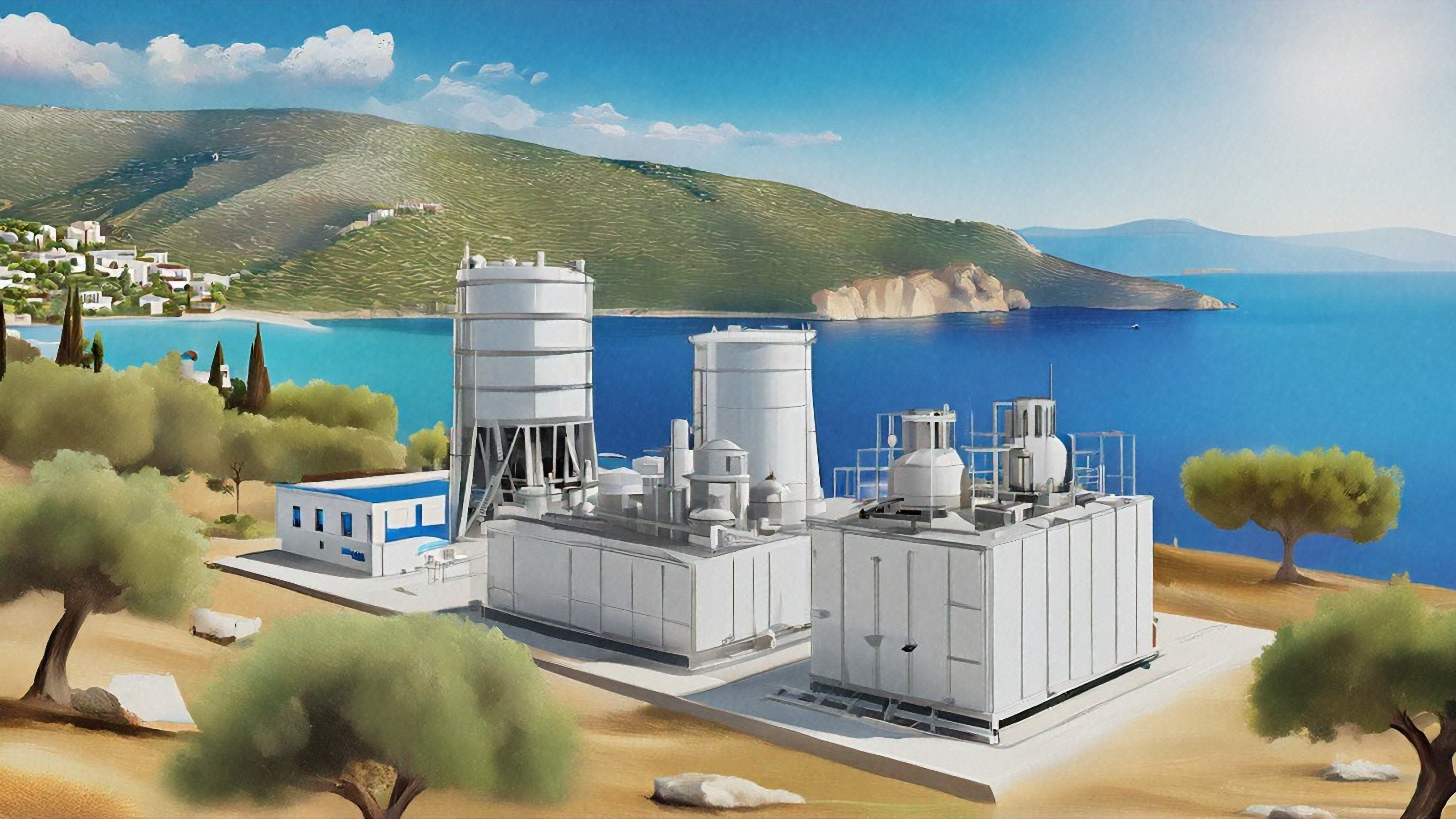Nuclear hype ignores high cost, long timelines

Nuclear options are years away, while solar, wind, storage and geothermal are clean, cost-effective options ready now
Key Takeaways:
Nuclear power is being touted as a solution to meeting electricity demand spurred by the growth of artificial intelligence and data centers.
Plans to build small modular reactors (SMRs) may bear fruit after 2030 but will not be useful in meeting current demand growth.
Announcements of new SMR plans have one thing in common: They’ve been very short on details.
Solar and geothermal plants are being built for less money and in much less time than even the most optimistic SMR designs.
Increasingly, nuclear power is being touted as a solution to meet growing electricity demand, but a new briefing note from the Institute for Energy Economics and Financial Analysis (IEEFA) shows that the hype is ignoring the fact that nuclear projects are expensive and take too long to get online.
The growth of artificial intelligence (AI) and data centers is creating increased demand for electricity, and announcements that the need will be met with nuclear—specifically, small modular reactors (SMRs)—have been coming quickly. The nuclear announcements are not only short on details, but also gloss over the fact that SMRs will not come online soon enough to meet the growing demand.
“It is time for companies and investors to stop and take a deep breath,” said Dennis Wamsted, IEEFA energy analyst and co-author of the report. “Restarting a limited number of recently closed conventional reactors is entirely different than building unproven and unlicensed SMRs. While some SMRs might bring additional power down the road, the reality is that solar and geothermal plants are being built for less money and faster than even the most optimistic SMR designs.”
The rush for electricity to power rising AI and data center demand is an issue that needs addressing now. SMRs are a next-decade resource, at best. Clean, cost-effective power options are available today for big tech and additional electricity needs. Utilities, developers, and large power users need to focus there and stop betting on expensive, unproven nuclear technologies that will not generate meaningful amounts of power for years to come.














